In recent years, travelers have observed a significant shift in the amenities offered by hotels worldwide. What were once considered standard perks included in room rates are now becoming rare or subject to additional fees.
This transformation reflects changes in guest preferences, operational costs, and hotel revenue strategies. As guests plan their stays, it is essential to be aware of these evolving trends to manage expectations and budgets effectively.
15. Wi-Fi access
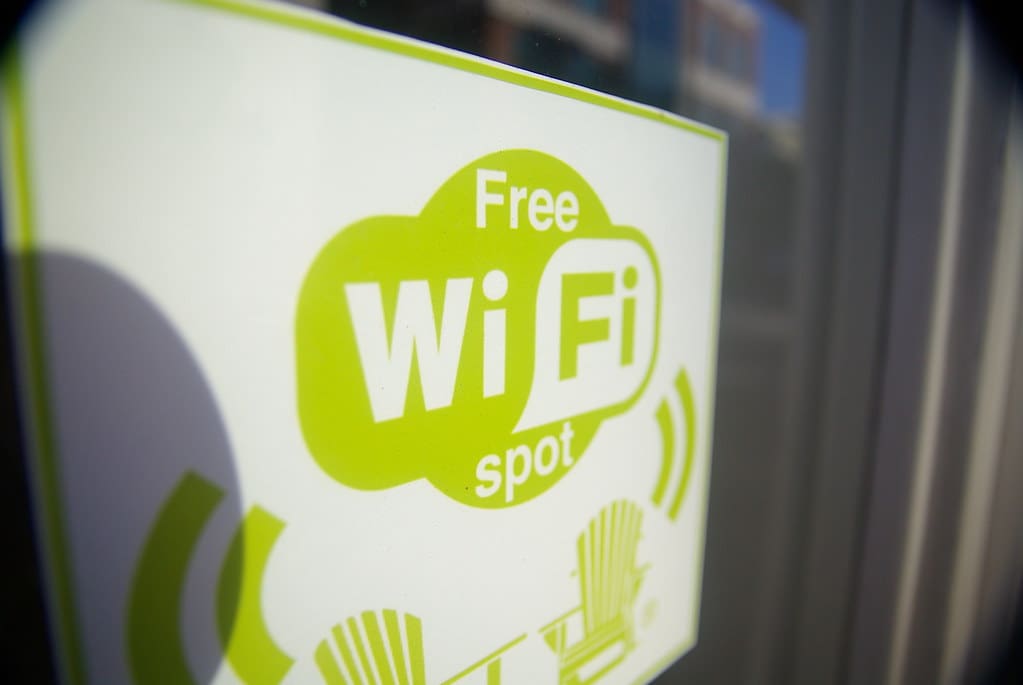
High-speed internet access, once a complimentary amenity, has become a premium service in many hotels. While some still offer basic connectivity for free, faster speeds often come at a cost. This shift reflects the increasing bandwidth demands of modern travelers and the expenses associated with maintaining robust network infrastructure.
14. Concierge services
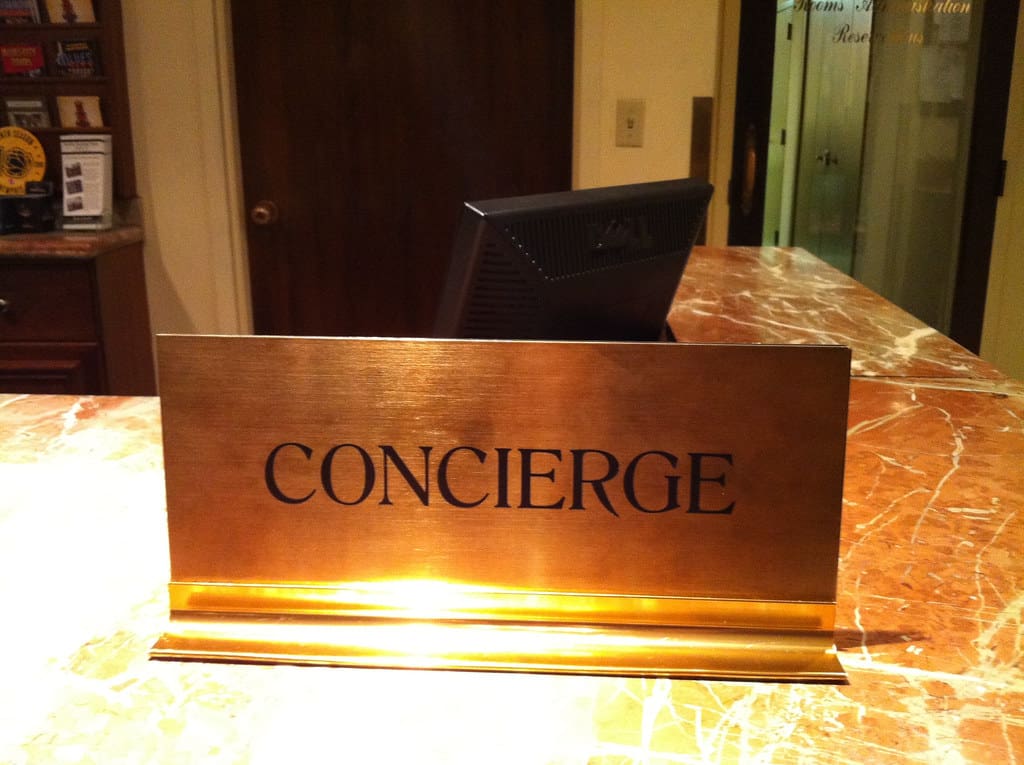
Many hotels now charge for personalized concierge services that were once complimentary. While basic information is still free, guests may incur fees for specialized assistance like securing hard-to-get restaurant reservations or arranging custom experiences. Some properties offer tiered concierge packages or include premium services only for higher-level room categories, reflecting a shift towards monetizing personalized attention.
13. Shuttle services

Complimentary airport shuttles were once a standard amenity for many hotels. Now, these services are increasingly becoming a paid extra or have been eliminated entirely. Some properties partner with ride-sharing services or local transportation companies, offering discounted rates instead of free shuttles. Guests often need to budget for this additional expense when planning their stay.
12. Local phone calls
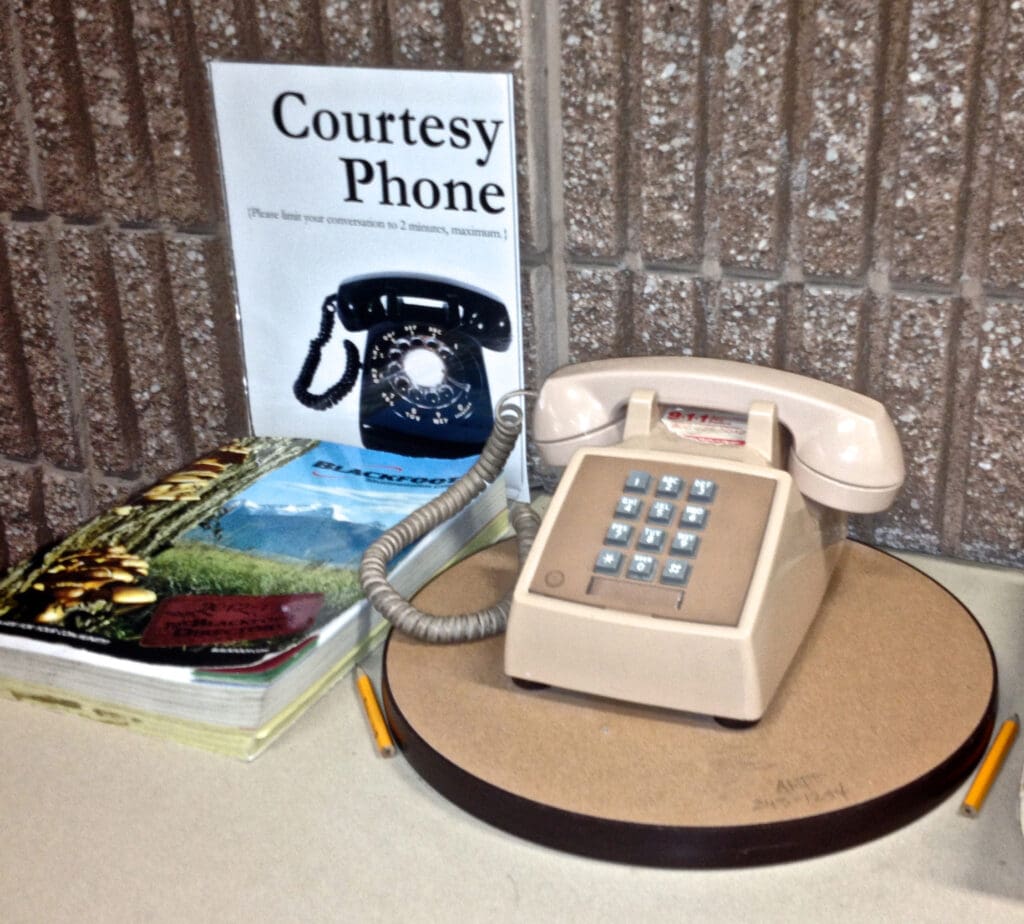
Many hotels once offered free local calls as a standard amenity. Now, guests often face charges for using in-room phones, even for local or toll-free numbers. Some hotels impose a flat fee per call, while others charge by the minute. To avoid these fees, travelers are increasingly relying on personal cell phones or internet-based calling apps.
11. Complimentary Bottled Water

Many hotels have phased out free in-room bottled water, once a standard amenity. Now, guests often find price tags on water bottles or must request them from the front desk. Some properties offer complimentary water only to elite loyalty members or provide it in common areas instead. To stay hydrated without extra costs, travelers are increasingly bringing reusable bottles or seeking out hydration stations in hotels.
10. Luggage storage
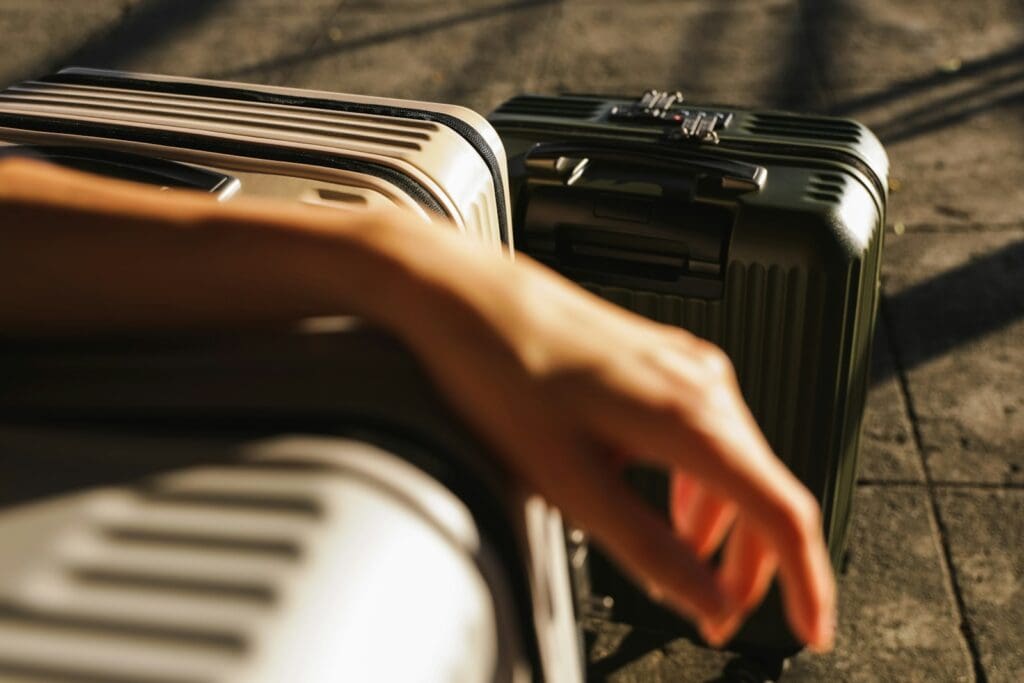
Many hotels now charge for storing luggage before check-in or after check-out. This service, once complimentary, has become a revenue stream. Some hotels use AI-powered systems like HotelsHero for efficient luggage management, while others partner with third-party storage services. Guests should inquire about fees and policies in advance to avoid surprises.
9. In-room safes
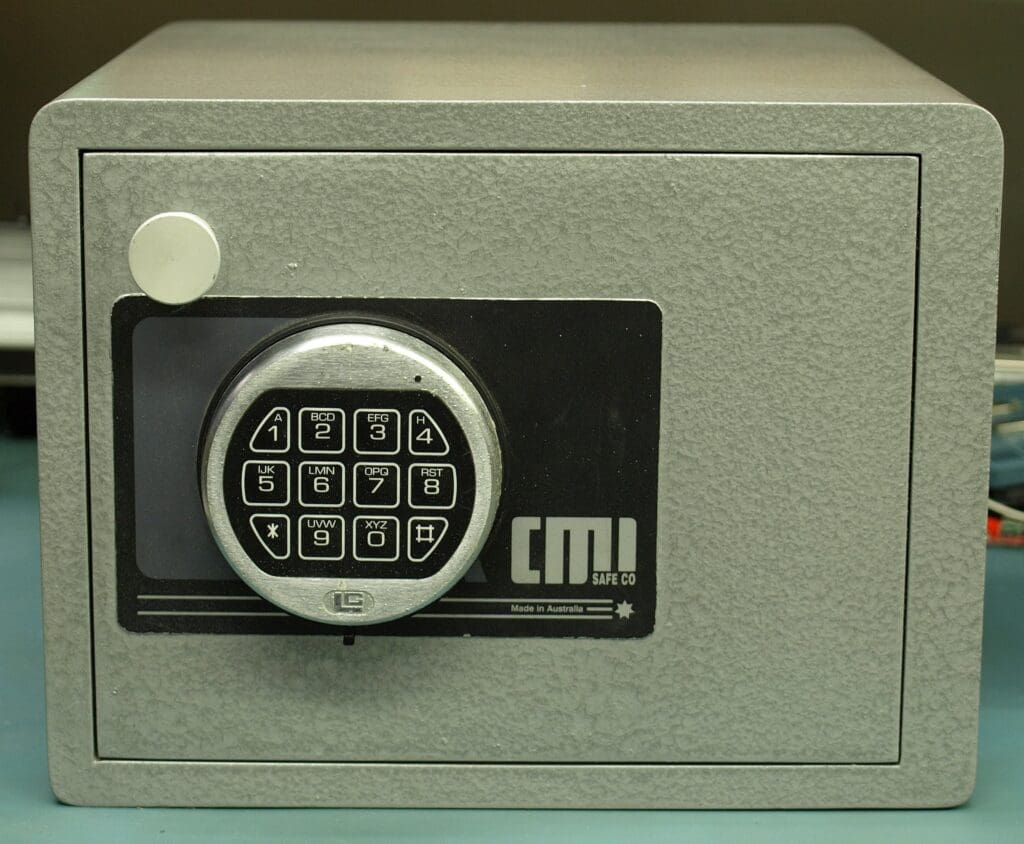
Once a standard amenity, in-room safes are now often an extra charge at many hotels. These digital lockboxes provide peace of mind for storing valuables but can cost $1-$5 per night. Some properties have removed safes entirely, directing guests to use front desk safety deposit boxes instead.
8. Fitness Center Access

Many hotels now charge for fitness center access, a previously complimentary amenity. Fees range from $10-$30 per day, with some properties offering discounted multi-day passes. This trend reflects hotels’ efforts to monetize amenities and offset maintenance costs. However, some loyalty programs still provide free access to elite members.
7. Early check-in/late check-out
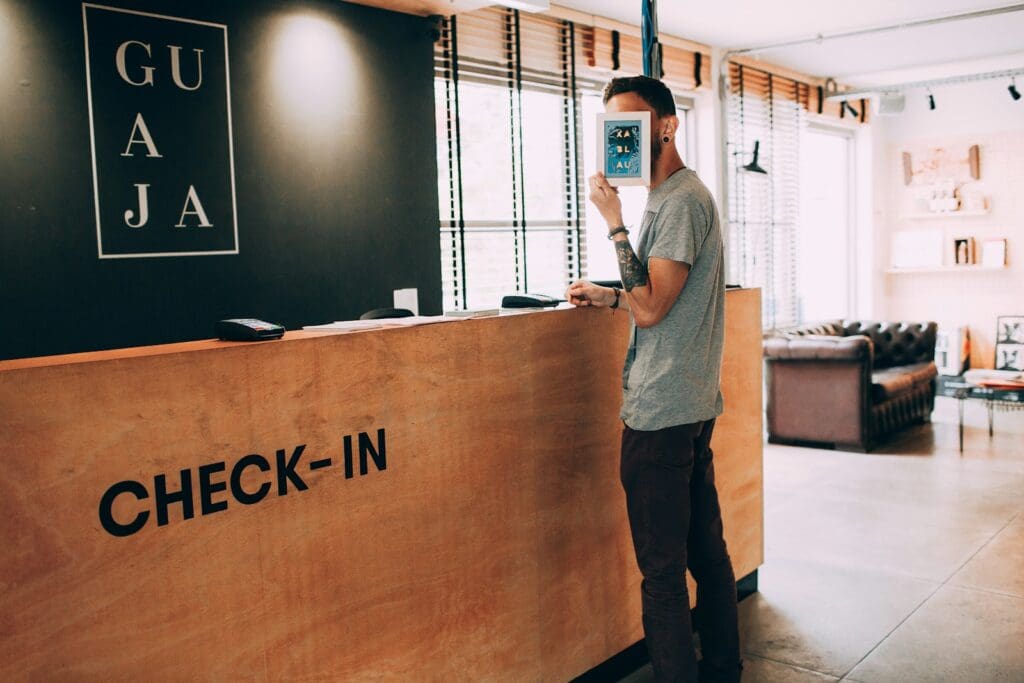
Many hotels now charge fees for early check-in or late check-out, a service that was often complimentary based on availability. These fees allow hotels to monetize room use beyond standard times while offering convenience to guests. Travelers should inquire about potential charges when requesting flexible check-in/out times to avoid surprises on their bill.
6. Beach/pool towels

Many resorts now charge for beach or pool towels, typically $1-$3 per towel. This fee covers laundering costs and discourages towel hoarding. Some properties offer a towel card system, where guests can exchange dirty towels for clean ones without additional charges. To avoid fees, consider bringing your own beach towels.
5. Room service

Once a hallmark of hotel luxury, complimentary room service is becoming increasingly rare. Many hotels now charge hefty delivery fees or have eliminated the service entirely, pushing guests towards grab-and-go options or third-party food delivery apps. This shift aims to reduce operational costs and food waste while adapting to changing guest preferences.
4. Complimentary breakfast

Once a staple amenity, free breakfast is now often an optional add-on at many hotels. In 2025, guests increasingly prefer quick, healthy options over elaborate buffets. Hotels are adapting by offering grab-and-go meals, breakfast sandwiches, and customizable bowls, catering to evolving tastes and busy schedules.
Read More: The 10 Hotel Red Flags Most Likely to Ruin Your Vacation
3. Free parking
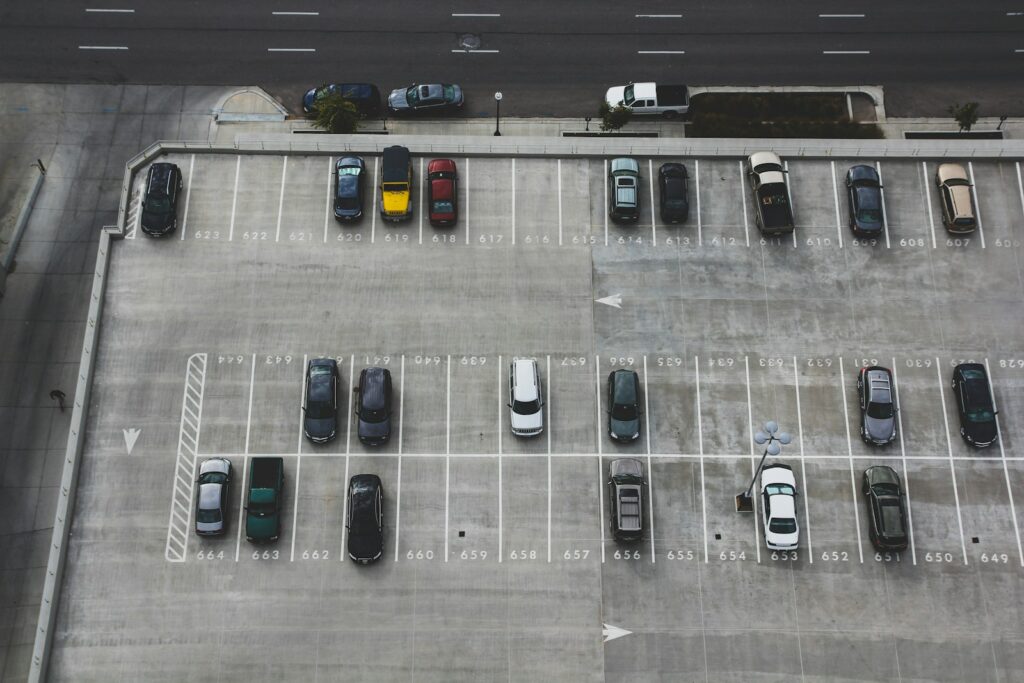
Once a standard amenity, free parking at hotels is becoming increasingly rare, especially in urban areas. Many properties now charge daily parking fees, ranging from $20 to $50 or more. Some hotels offer free self-parking but charge for valet services. To avoid surprises, always check parking policies and fees before booking.
Read More: The 10 Travel Mistakes Most Likely to Get You Booted From Your Hotel
2. In-room minibars
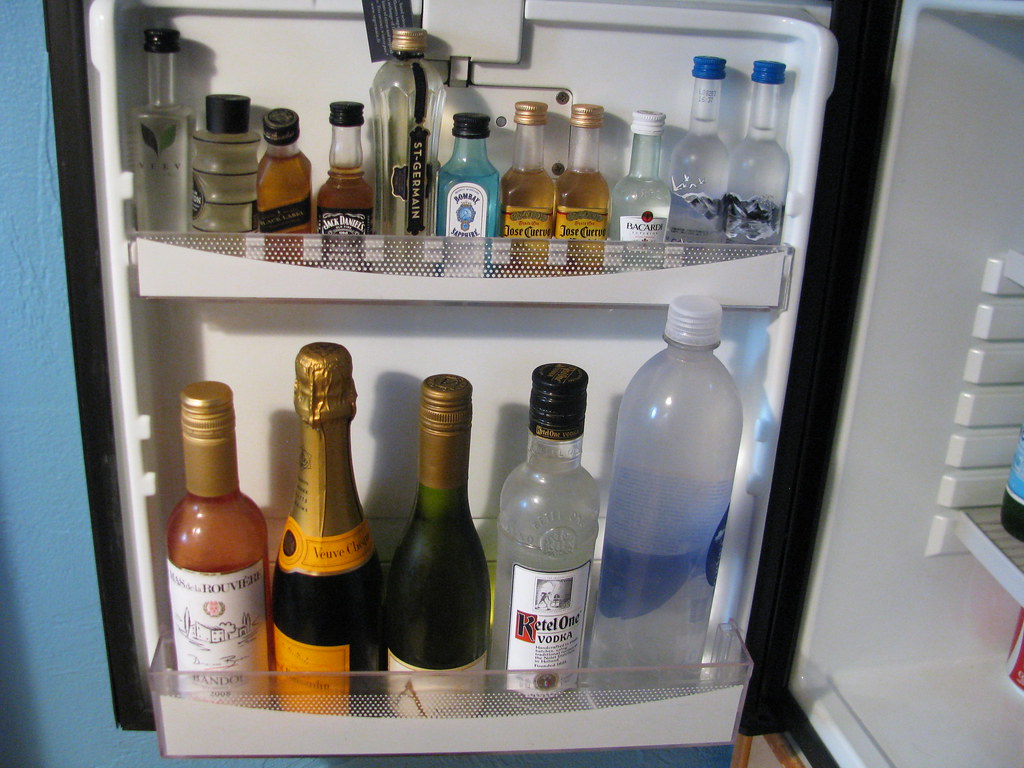
Once a staple of luxury hotel rooms, fully-stocked minibars are becoming increasingly rare. Many hotels now offer empty mini-fridges or have removed them entirely, citing high operational costs and changing guest preferences. Some properties have shifted to on-demand stocking or replaced minibars with lobby marketplaces, allowing guests more flexibility in their choices.
Read More: The 20 Hotel Amenities Most Likely to Disappoint Guests
1. Daily housekeeping
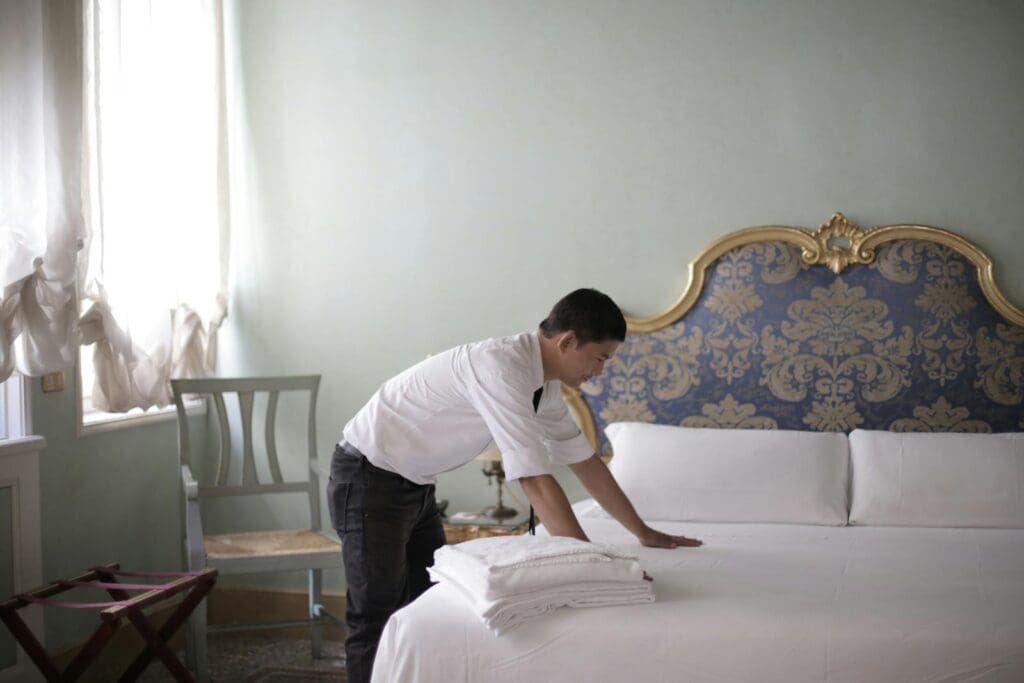
Daily room cleaning, once a standard hotel amenity, is now often available only upon request or at an additional cost. This shift, accelerated by the pandemic, has become the norm at many hotels to reduce costs and address staffing shortages. Luxury properties and resorts are more likely to maintain daily housekeeping as part of their premium service offerings.
Read More: These Hotel Amenities Aren’t the Perks You Think They Are








